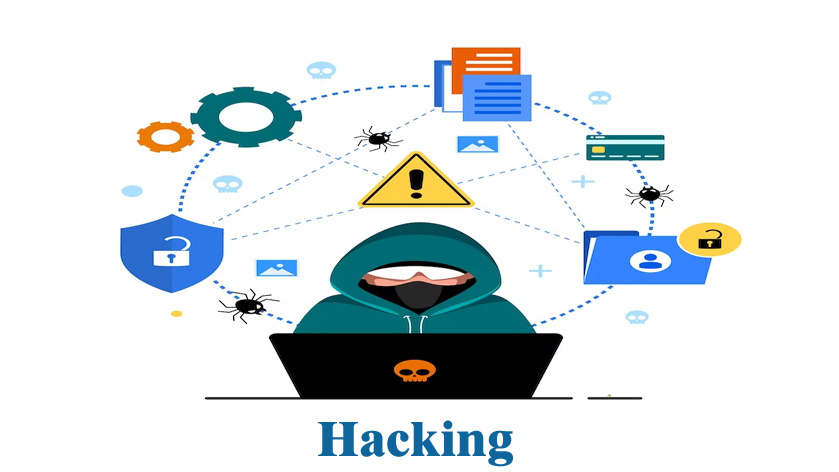Hacking is finding information and exploiting Someone’s computer system by gaining unauthorized access to their personal and organizational details. Well, hacking is not illegal, but it is used as a negative connotation due to its relation to cyber criminals.
Now, hacking is performed in different ways, Such as Hacking passwords, getting backdoor access, infecting devices with malware, and more such illegal activities. And this activity can cause absolute havoc. No matter their technique, you are destroyed once they access your data or device and the damage hackers can do.
- Hackers will hack your credit cards and make purchases on your behalf.
- They can sell your information to others who use it illegally. Or they can get your sensitive data and threaten you for ransom.
- Destroy or delete the necessary files from your system.
How to Protect Yourself from Hacking?
Manage your Digital Footprint
The digital footprint you use is the data you leave behind when using the Internet. So, it would be great if you proactively manage your digital print. Let us mention some of the points you need to consider when organizing your digital footprints:
- Constantly check your browser for cookies and regularly delete unwanted cookies.
- Delete all your old accounts on different apps or websites that are no longer used.
- For more privacy, you can use private search engines or anti-tracking tools to browse more securely.
Use Strong Passwords
One reason why most people get hacked is that they don’t use strong passwords. It is essential to use strong and unique passwords for each account. It should be at least made up of 12 characters. You can also use a password manager since it can be challenging to keep track of all the passwords for all your accounts.
Use MFA
MFA is defined as multi-factor authentication that is present in an online account. Once you turn it on, it will generate a code or send it via message with the password, adding a layer of security to your accounts.

